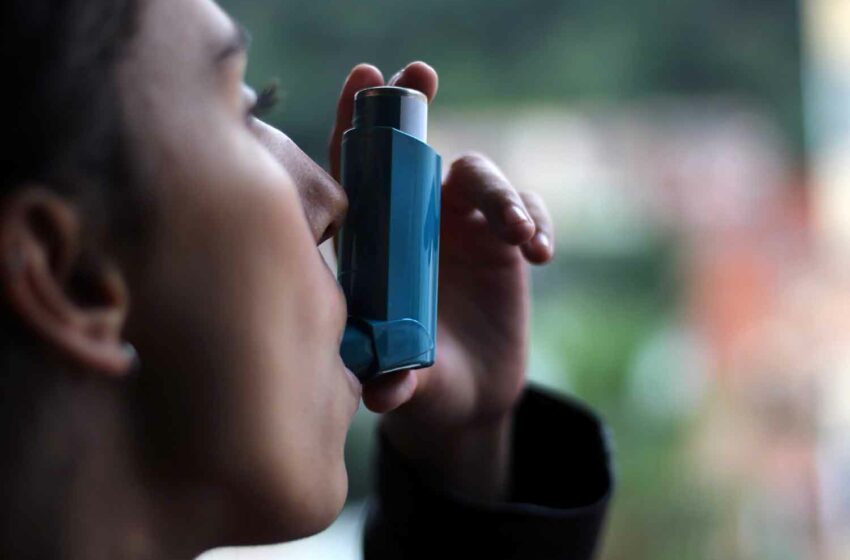
Companies developing vape-like devices to ease medical conditions such as migraines and respiratory diseases continue to face skepticism from health authorities and the public, according to a Reuters article.
The piece details the efforts of Qnovia, MIIST Therapeutics and Greentank, which are exploring the potential of nebulizer technology or heating technology to deliver medications.
The companies say inhalation can relieve pain faster and with fewer side effects than pills. Federico Buonocore, a professor focused on alternative pulmonary drug delivery at Kingston University in Britain, told Reuters that existing inhaled drug delivery devices are clunky and difficult to operate, and so tend to be used wrongly. A vape-like design could solve such challenges, he was quoted as saying.
Qnovia plans to submit drug applications in the U.S. soon and the United Kingdom in 2026 for its device as a nicotine replacement therapy, and launch a clinical trial in September.
Greentank is looking for a pharmaceutical partner to support the development of its heating chip for medicine delivery.
Efforts by traditional tobacco companies to tap into the pharmaceutical market have been hampered by mistrust and opposition from health officials.
Philip Morris International last year scrapped a goal to earn over $1 billion in annual revenue by 2025 from its wellness and healthcare unit, which includes a business making asthma inhalers.
CEO Jacek Olczak said the company had been “too optimistic about how the external environment will accept… Big Tobacco” in industries outside of nicotine. An inhaled aspirin product developed by the unit was also deemed unsuccessful after a clinical trial last year.
Tobacco-backed companies developing Covid-19 vaccines using plant-based technology also faced stiff opposition from health groups, including the World Health Organization.
Buonocore said the stigma associated with tobacco and vaping companies would be difficult for the sector to overcome.

